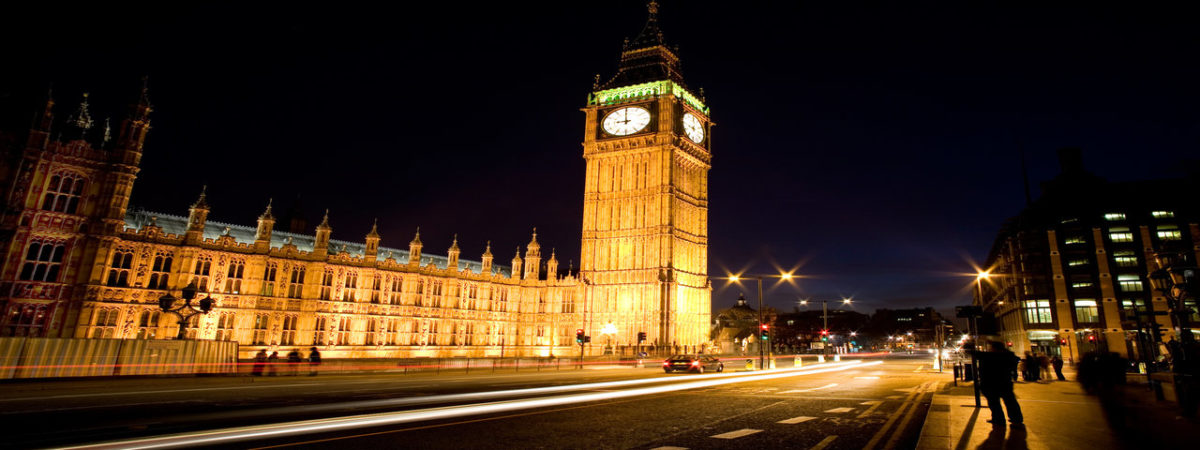Political interference in wage setting is wrongheaded
SUGGESTED

Abolish the budget in its current format

Mark Littlewood responds to the Chancellor's final Budget before the election

Raising the minimum wage will do nothing to help the most vulnerable
“The minimum wage was introduced to eliminate perceived exploitative pay at the bottom end of the jobs market, taking into account the prospect that minimum wages set too high would lead to fewer job opportunities. Today’s announcement flies in the face of that principle. Political pressure for the minimum and apprentice wages to rise much more significantly than inflation, average wages or productivity increases has led to the Low Pay Commission increasingly being used as a vehicle to reduce inequality rather than to fulfil its original remit.
‘The effect will be to make it more costly for businesses to take on the young and unskilled in starter jobs which provide essential experience. Whilst imposing a state decree for higher wages will benefit those lucky enough to remain in work, it will do nothing to help the young and out of work to get a foot on the employment ladder. In fact, even for those in work it may lead to employers using more zero hours contracts and agency work to control their cost base.
“What matters to people is what their wages can buy. Rather than interfering in wage setting, politicians should focus on tackling rising living costs to benefit everyone, rather than creating barriers to labour market opportunities”
To arrange an interview please contact Camilla Goodwin, Communications Officer: 0207 799 8920 or 07821 971 443.
Notes to editors:
The mission of the Institute of Economic Affairs is to improve understanding of the fundamental institutions of a free society by analysing and expounding the role of markets in solving economic and social problems.
The IEA is a registered educational charity and independent of all political parties.



